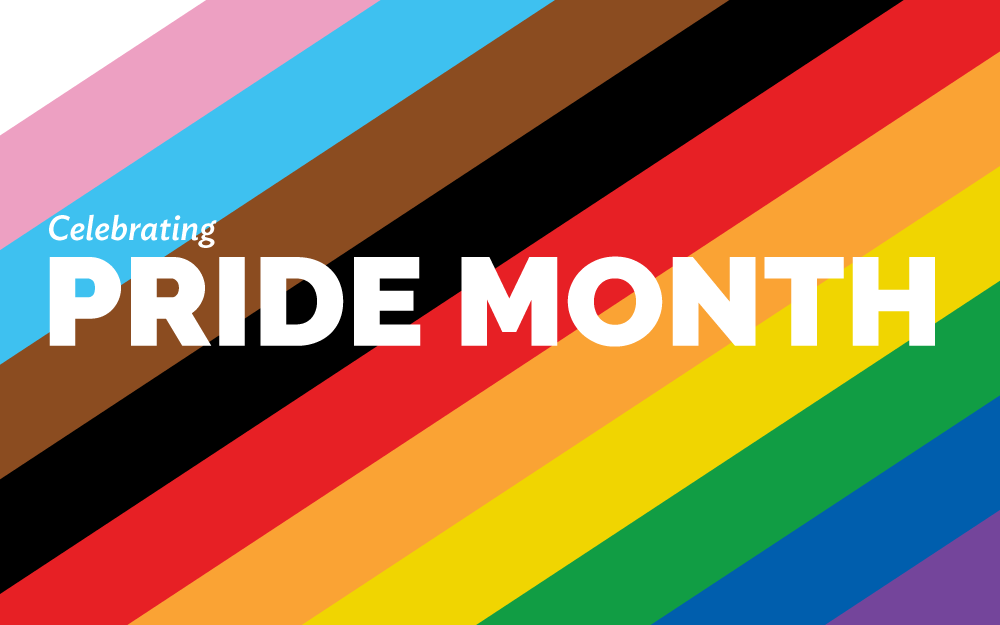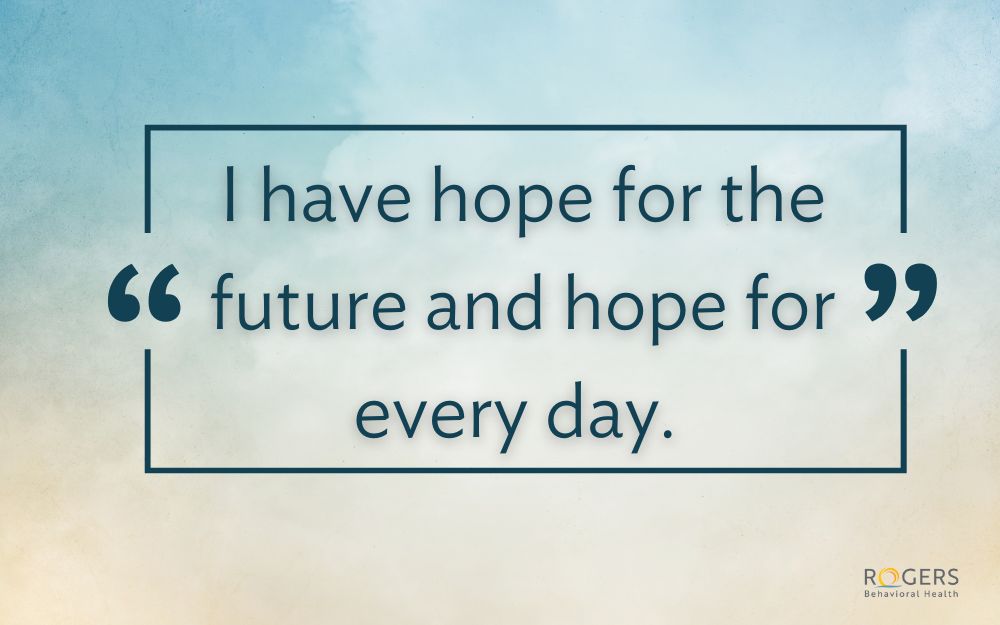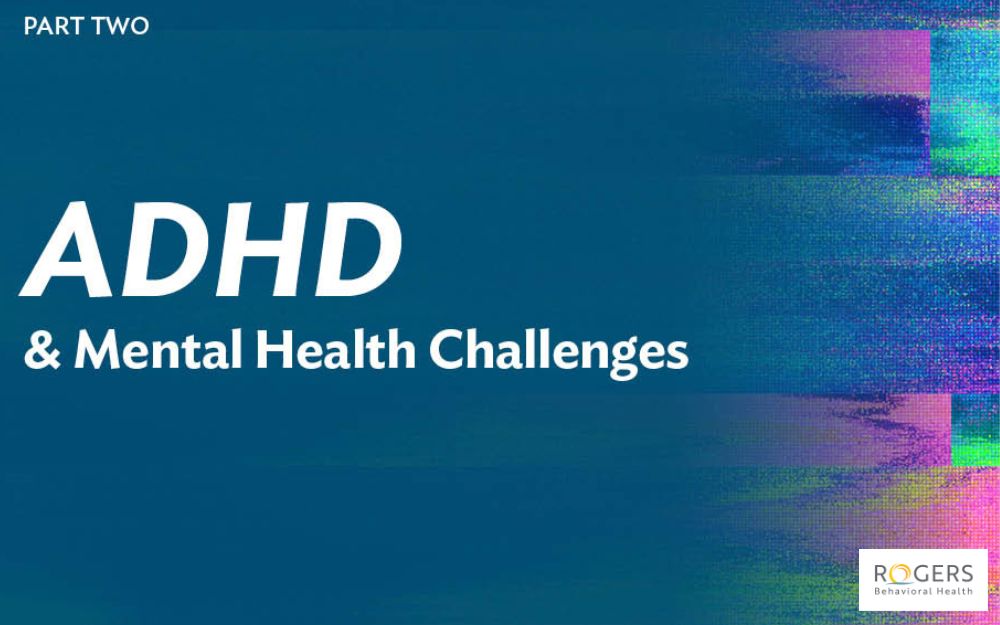Celebrating Pride Month
Posted on 06/08/21 07:42:am
Share this article:
Pride Month is celebrated annually in June to honor the Stonewall Rebellion in New York City on June 28, 1969, which most historians consider to be the birth of the modern LGBT movement.
Progress in affirmation and acceptance at Rogers
Rogers aims to create a healthy culture where everyone—patients, and employees—can grow and feel welcome, safe, and respected.
“Rogers is striving to become a leader in fostering equity, diversity, and inclusion through policy, practices, and comprehensive protections for our patients and employees who identify as LGBTQIA+ (Lesbian, Gay, Bisexual, Transgender, Queer/Questioning, Intersex, Asexual, and other identities),” explains Karen Nelson, director of equity, diversity, and inclusion at Rogers. “Our organization is enriched by the contributions of our LGBTQIA+ colleagues. I urge everyone to honor, celebrate, and promote equal rights for all, regardless of sexual orientation and gender identity.”
To further support our healthy culture and consistent with our Guiding Statement on Equity, Rogers has created a LGBTQIA+ Employee Resource Group (ERG). The goal of our ERG is to provide an open forum where employees with a shared interest or identity aspire, develop, and collaborate to reach their highest potential and serve as a key resource to the organization for specific employee and patient insights.
“It is important for Rogers to celebrate Pride Month as a way to recognize all of our LGBTQIA+ employees, patients, and families for their courage in leading authentic lives,” shares Ellie Fisher and Bree Horrocks, Rogers’ LGBTQIA+ ERG leaders.
“As the field of behavioral health has historically stigmatized the LGBTQIA+ community, it is imperative for Rogers to pave a path as an affirming organization while holding ourselves accountable and continuously improving our care for all those we serve. Our hope is that by shining a spotlight on the LGBTQIA+ community for the month of June, people are reminded of the incredible impact LGBTQIA+ people have had on the world.”
Prevalence of mental health disorders and LGBTQIA+ resources
LGBTQIA+ individuals’ mental health is affected disproportionately compared to other populations due to trauma, social factors, uncertainty of a clinician’s acceptance, and discriminatory messages in society.
As we continue to observe Pride Month at Rogers, we are sharing resources for the LGBTQIA+ community. For more information about how mental health impacts the LGBTQIA+ community, including depression, posttraumatic stress disorder, and anxiety disorders, visit Mental Health America or National Alliance on Mental Illness. To learn more about how eating disorders impact the LGBTQIA+ community, read How eating disorders affect the LGBTQ+ community.
- The Trevor Project: The leading national organization providing crisis intervention and suicide prevention services to lesbian, gay, bisexual, transgender, queer & questioning (LGBTQ) young people under 25.
- National Center for Transgender equality: The National Center for Transgender Equality advocates to change policies and society to increase understanding and acceptance of transgender people.
- Trans Lifeline: Trans Lifeline is a grassroots hotline and microgrants 501(c)(3) non-profit organization offering direct emotional and financial support to trans people in crisis – for the trans community, by the trans community.
- GLSEN (Gay, Lesbian, & Straight Education Network): The mission of GLSEN is to ensure every member of every school community is valued and respected regardless of sexual orientation, gender identity or gender expression.
- LGBT National Help Center: The Lesbian, Gay, Bisexual and Transgender (LGBT) National Help Center, founded in 1996, is a non-profit, tax-exempt organization that provides vital peer-support, community connections and resource information to people with questions regarding sexual orientation and/or gender identity.
Additional resources include The American Psychological Association, American Foundation for Suicide Prevention, Mental Health America, and National Alliance on Mental Illness.
If you or a loved one is struggling with their mental health, request a free, confidential screening by calling 800-767-4411. You can also request a screening online here.



